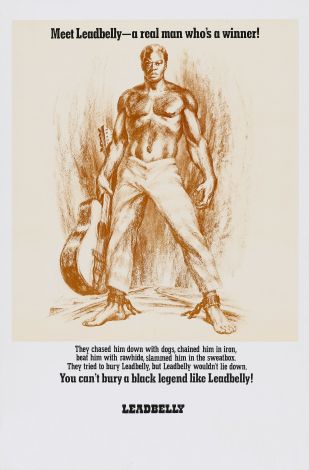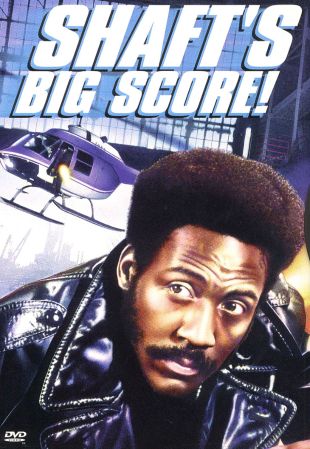African-American filmmaker Gordon Parks had little chance of cracking the all-white Hollywood cinematographers' fraternity in the '50s, despite impeccable credentials as a photojournalist for Life magazine. Parks' entry into feature-length moviemaking came by way of the 1969 adaptation of his own autobiographical work The Learning Tree, which related the experience of growing up black in Kansas. Parks sold the story to Hollywood on the proviso that he be allowed to direct -- thus making him the first-ever "mainstream" black director. 1971's Shaft (starring Richard Roundtree), wherein Parks utilized the no-nonsense street savvy he'd gleaned in his teen years as a whorehouse piano player and dope runner, put the director on Hollywood's A-List. He helmed Shaft's Big Score in 1972 (and composed the music for it), but his subsequent films, Leadbelly and Supercops, while critically acclaimed, failed to match the box-office appeal of the street hero that Parks and Roundtree had created. He took his final bow as a director with 1985's Solomon Northrup's Odyssey, a slavery-era period piece produced for PBS' American Playhouse, but - despite his retirement from the cinema -- remained incredibly active in many other arenas, proving himself a bona fide renaissance man of innumerable talents. His additional accomplishments include authoring fiction (the 1978 Flavio and the 1981 Shannon), poetry (the 2000 collection A Star for Noon), a myriad of photographic compilations, memoirs, and even a ballet, Martin, on the life of Martin Luther King, Jr.. Parks triumphed in every arena, consistently drawing critical adulation, and worked well into his nineties. He died at age 93, on Tuesday, March 7, 2006.
Parks fathered four children, one of whom -- Gordon Parks Jr. -- became a successful director in his own right (Superfly).


/_derived_jpg_q90_310x470_m0/Shaft1971-PosterArt_CR.jpg)